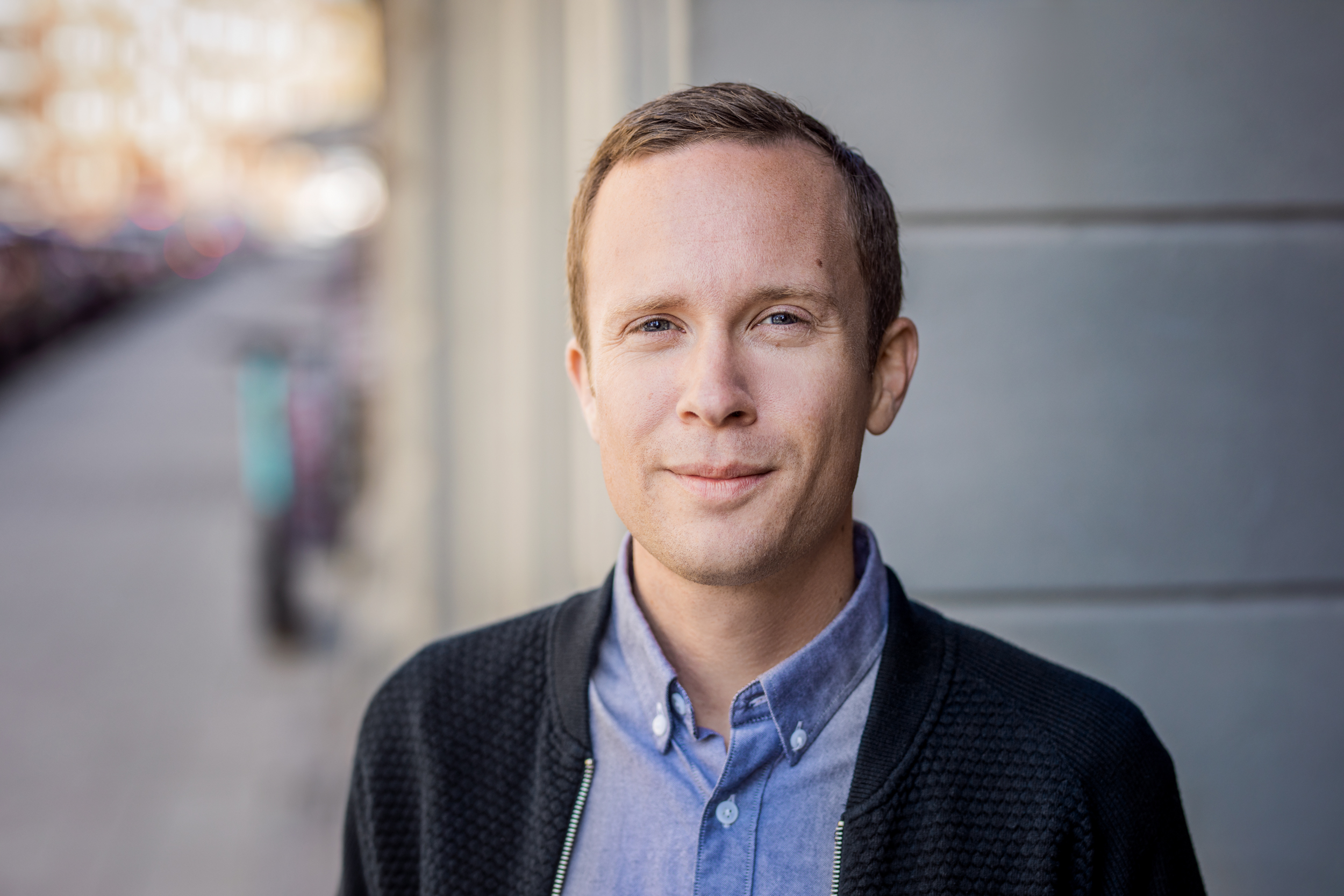CIRCLE member awarded ERC starting grant
Three researchers from Lund University have been awarded ERC grants, and human geographer Johan Miörner is one of them.
Ulrika Oredsson and Lovisa Fey Walltin – Published 5 September 2025

The three projects receive a total of SEK 50 million in funding from the European Research Council and Johan Miörners project titled Socio-technical modularity and the decentralization of infrastructure has been awarded 16.4 million SEK.
Johan Miörner shares some insights into his research project:
What is your research project about?
”The project is about decentralised and modular infrastructure solutions. Large-scale, centralised infrastructure systems—for energy, water, transportation, and food supply—have long been seen as the default model for modern societies. However, more and more cities are exploring alternative paths, using smaller, locally adapted systems such as local electricity grids, small-scale wastewater treatment, micromobility, and shorter food supply chains.
What problems are you trying to solve?
”We’ll study how decentralised and modular infrastructure solutions can gain traction despite facing strong barriers on paper, such as lock-ins in established systems or loss of economies of scale. The trend toward decentralisation is becoming increasingly clear, but we still lack both theories and systematic empirical knowledge about the driving forces and patterns behind it.
More concretely, it’s about understanding how large infrastructure systems can be broken down into smaller, flexible modules that allow for local solutions. By combining knowledge of sustainable transitions, economic geography, and so-called modularity theory, we aim to understand both how decentralisation becomes possible—and how local conditions influence it.”
What types of infrastructure will you primarily investigate, and what is the goal of your research?
”We will compare different types of wastewater management, mobility, and food supply in high- and middle-income cities, and then attempt to formulate a new theory of infrastructure decentralisation. The goal is to better understand the role that small-scale, locally adapted solutions can play in sustainable infrastructure transitions, and to challenge the centralised model that has dominated since the early 20th century.”
What does an ERC Starting Grant mean for your project?
”Receiving an ERC Starting Grant means I can build my own research team and lead an ambitious project over several years. The funding allows us to take bigger risks and think long-term. It provides the resources needed to develop new theoretical perspectives while also conducting comparative empirical studies across several countries.”
Read about the other projects that have received ERC Starting Grants
About the grants:
ERC Starting Grants are awarded to promising researchers at the beginning of their careers. Since the grant was first introduced in 2007, Lund University has received 54 grants, including the three newly awarded ones.
This year, the EU is awarding 8.4 billion SEK to 478 researchers across Europe. German universities and research institutes received the most grants (99), followed by the United Kingdom (60), the Netherlands (44), and France (41).
Read more here:
https://erc.europa.eu/news-events/news/erc-2025-starting-grants-results
